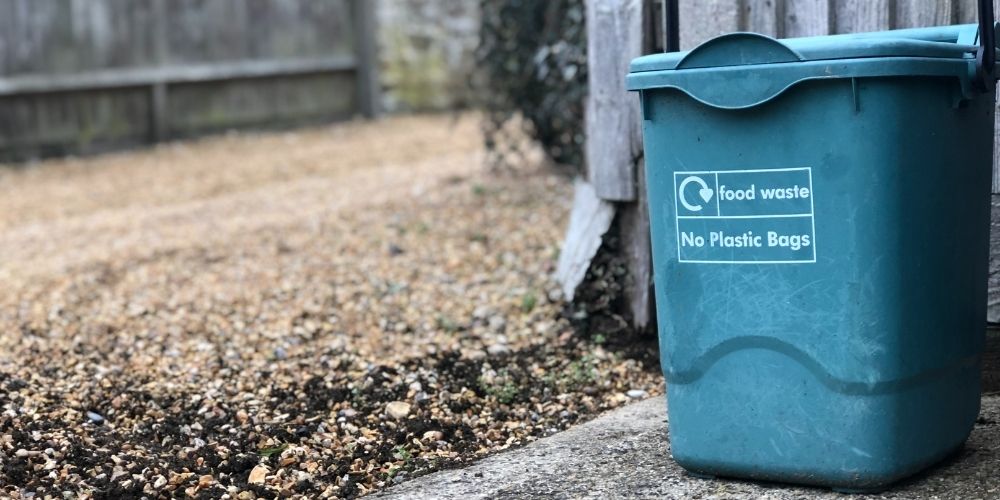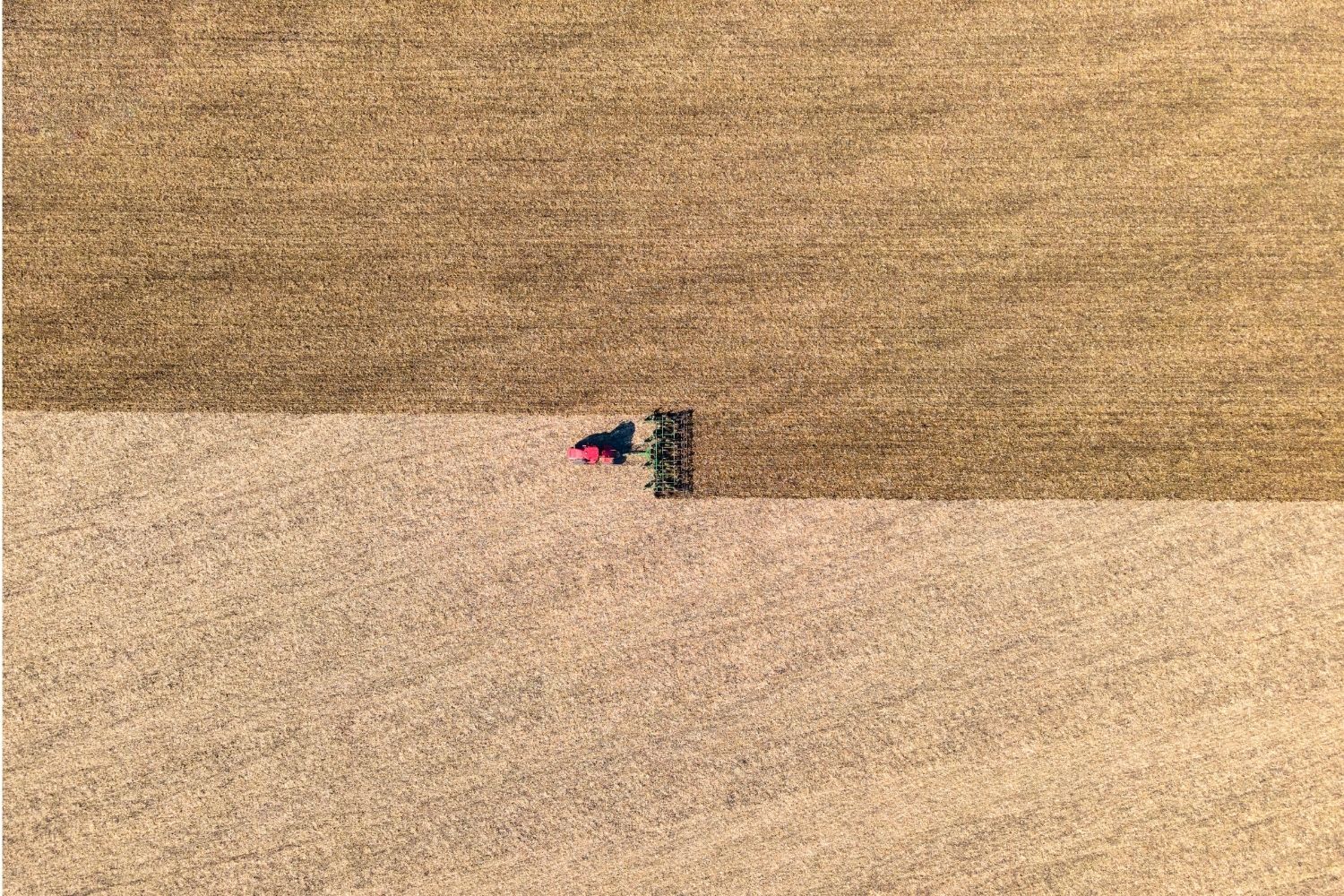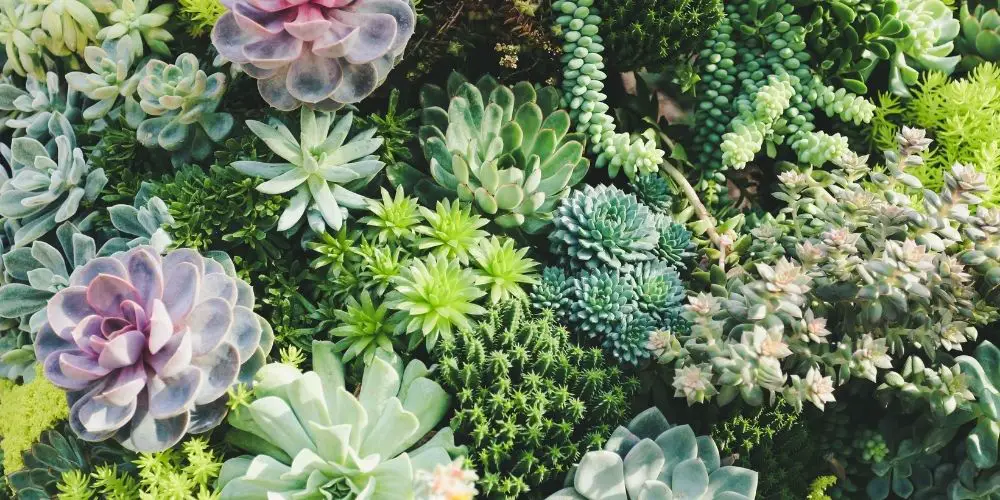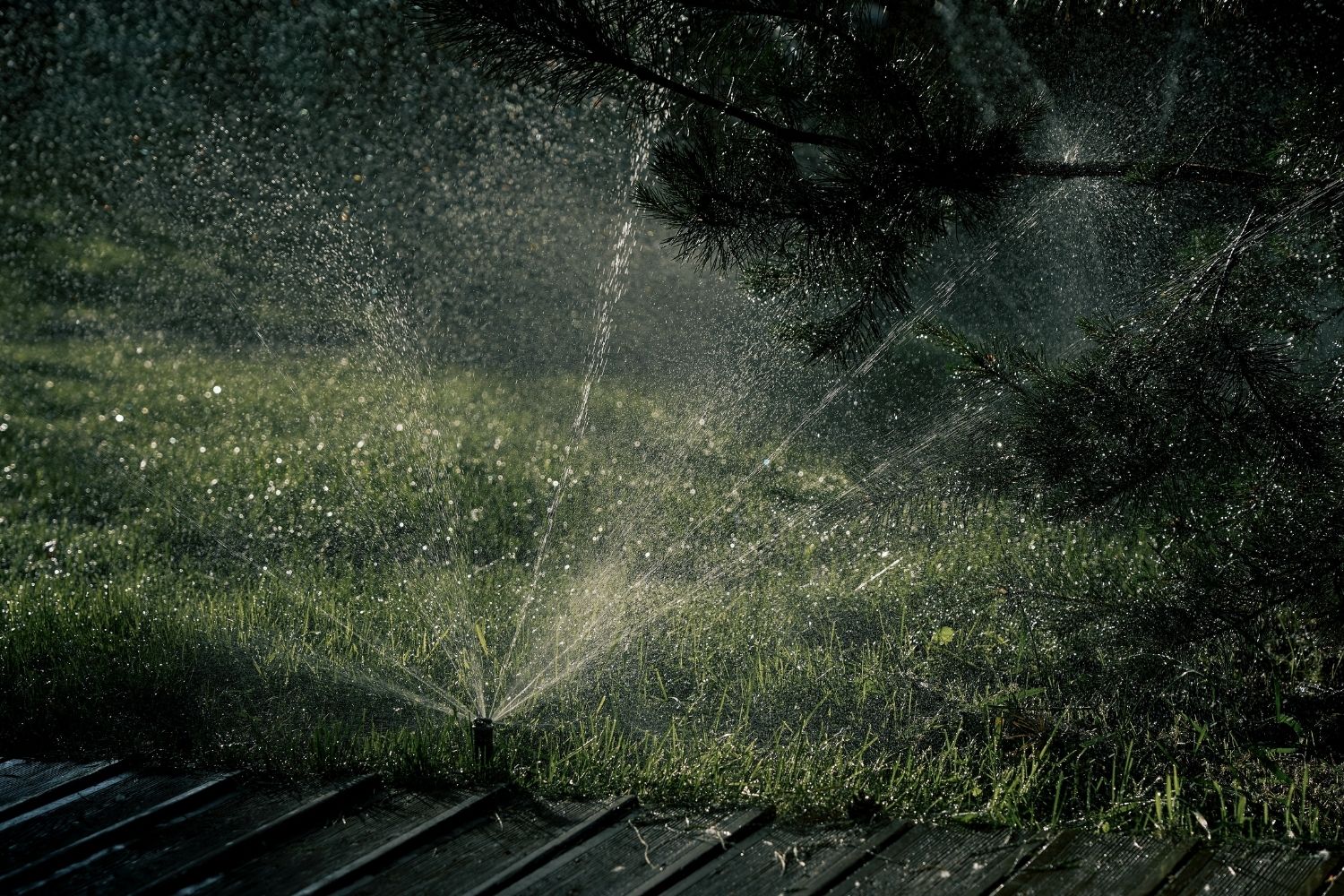If you garden, composting your vegetable scraps is an essential part of the process. It’s where the magic happens! Composting is a natural way to keep our environment green and healthy while producing rich soil for growing vegetables.
1. Composting is a great way to save money on fertilizer and soil amendments.
Many gardeners use commercial fertilizers and soil amendments to help keep their plants growing strong. These products can be quite expensive especially when used for every plant in your vegetable patch. A wonderful alternative to commercial fertilizers is making compost with the rich compost output from the garden.
You could use kitchen scraps, yard clippings, and other organic materials. Start by designating an area in your backyard for composting; this allows you to input larger materials such as branches and leaves (they are great because they don’t need to be cut up) but also keep them away from the vegetable plants. Using this solution on your plants as a foliar spray will help your plants grow strong and healthy.
If you need a large quantity to make your soil rich, then it can be much cheaper to just make your own compost and add it to your soil. You don’t have to have a large space to achieve this, you can just set up a compost bin with your kitchen scraps. If you are worried about the smell, then it might be worthwhile to buy one that is enclosed and has two doors one for adding scraps, the other for removing finished compost.
2. Composting helps keep the garbage out of the landfills by turning your vegetable scraps into useful compost.
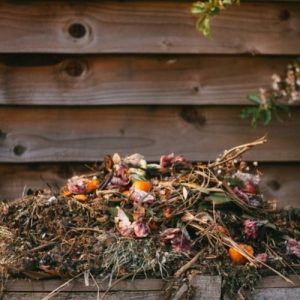
Composting is a way to reuse organic waste materials like leaves, grass clippings, food scraps, and other biodegradable matter. By composting we can divert the garbage from our landfills into something that can be reused again.
Composting is not just about saving space in the landfills but it is also about conserving natural resources, reducing greenhouse gas emissions, and enriching our soil. Though most landfills are lined to avoid leaking harmful chemicals into the groundwater, some toxic components like heavy metals can leach out causing irreversible damage to the environment.
As opposed to landfills, composting can be beneficial for both soil and humans as it protects our water supply and reduces smog and protects our gardens.
- Here’s How to Prepare Soil and Compost For Roses
- Can Compost go Bad?
- Can Compost Worms Survive Winter?
3. It helps you grow strong, healthy vegetables that are contamination-free.
Making your own compost is the best soil amendment strategy. You can purchase compost from a garden center or nursery, but most of them are full of pesticides and herbicides—not to mention the fact that they’re probably packaged in plastic bags that won’t break down easily.
Buying packaged compost may contain weed seeds which then sprout in your garden once applied to the soil surface. Growing vegetables in soil that contains pesticides and herbicides are not healthy, likewise consuming residues on the vegetables.
When you make your own compost at home, you know exactly what is going into it, and you can control how much work you put into it. Besides, it is much easier to remove the weeds, plants that have gone bad, and other garden waste. As the vegetation decomposes, so does their ability to hold onto pesticides or herbicides.
You can ensure that only organic waste materials are used to create your compost pile or bin and the composting technique used, for instance, vermicomposting, are safe for your garden.
Conclusion
Making your own compost is an excellent way to save money and create rich soil that is beneficial for your garden. If interested in gardening, it would be important to choose the kind of composting technique you want to use such as vermicomposting, cold composting, or hot composting but make sure that it fits your needs (space, time, and money).
To ensure that you have an excellent composting pile/bin you need to add the right kind of materials and maintain a balance between greens (nitrogen-rich material) and browns (carbon-rich material) because if not done so, it will affect the quality of your compost.
When making compost to enrich your vegetable garden it would be important to consider the texture of your soil because depending on the texture, a different amount of organic matter is needed to enrich the soil and make it more friable. Have fun making compost for your vegetable garden!

